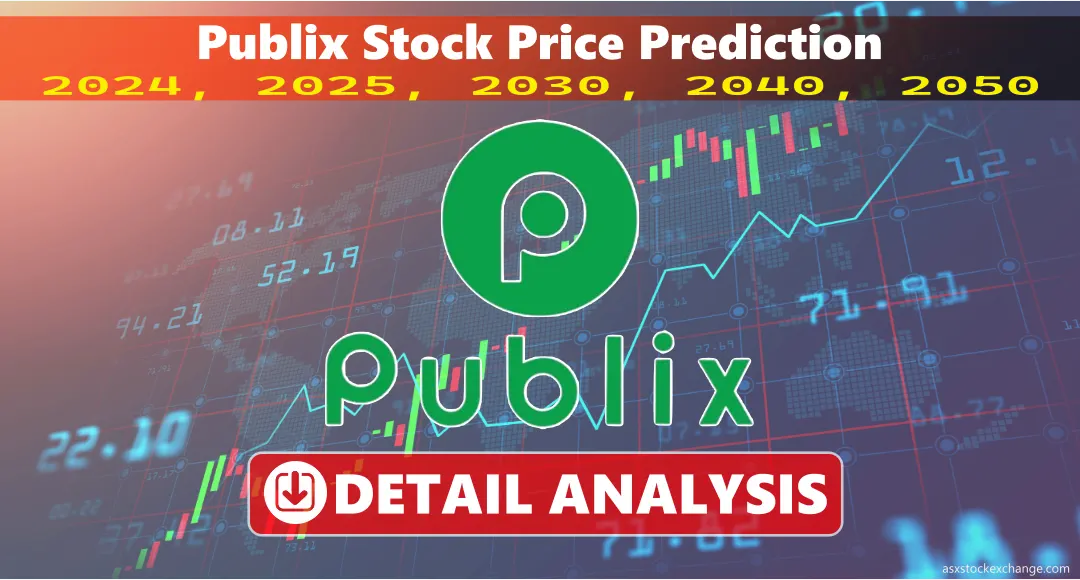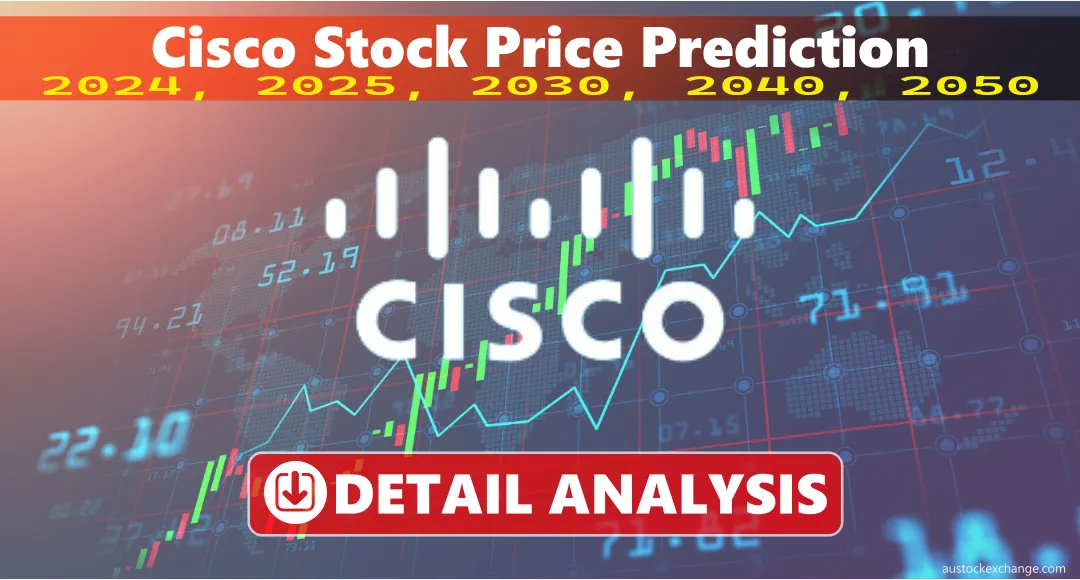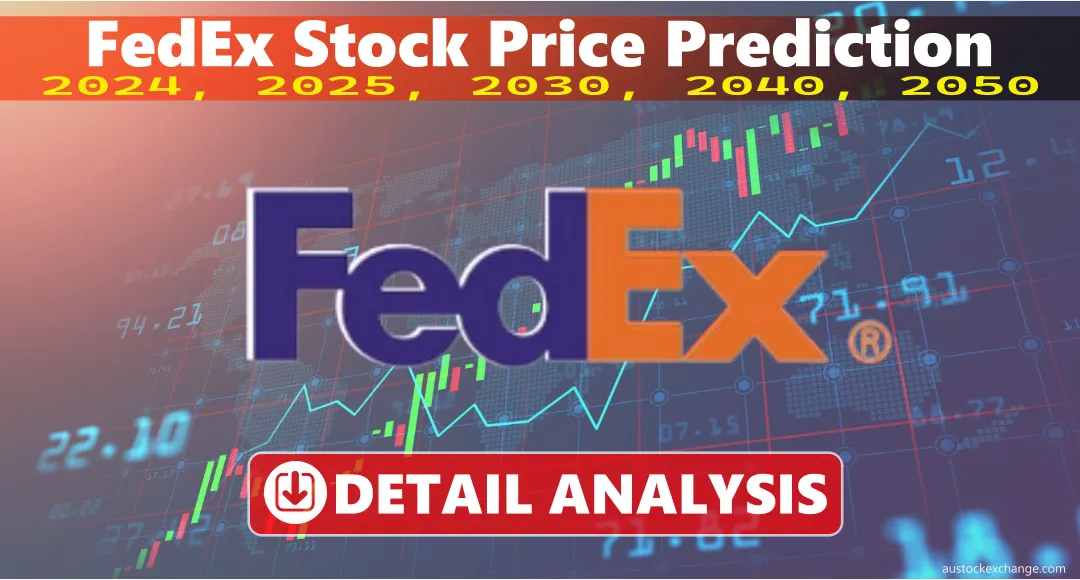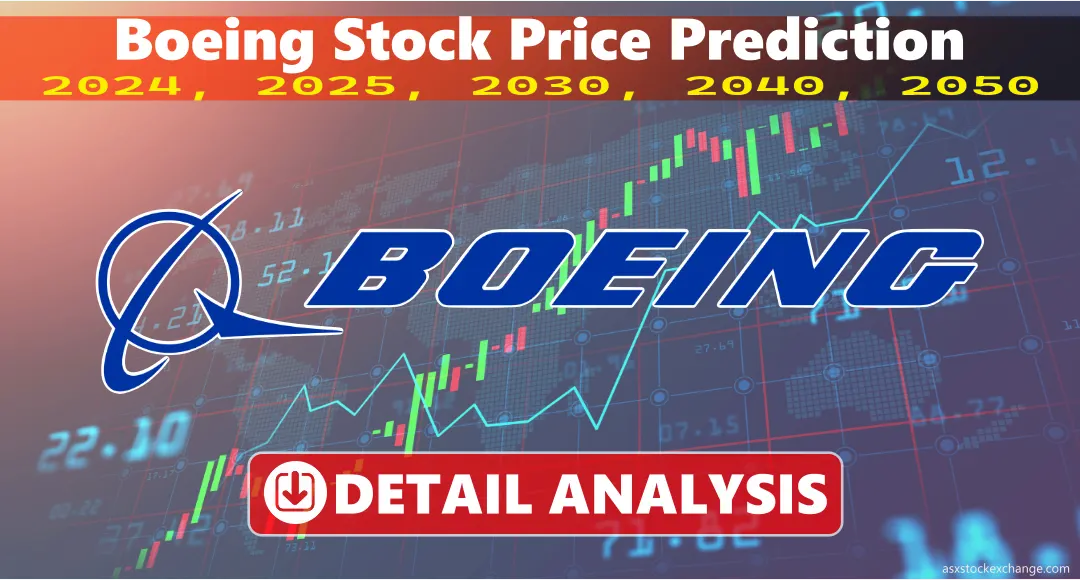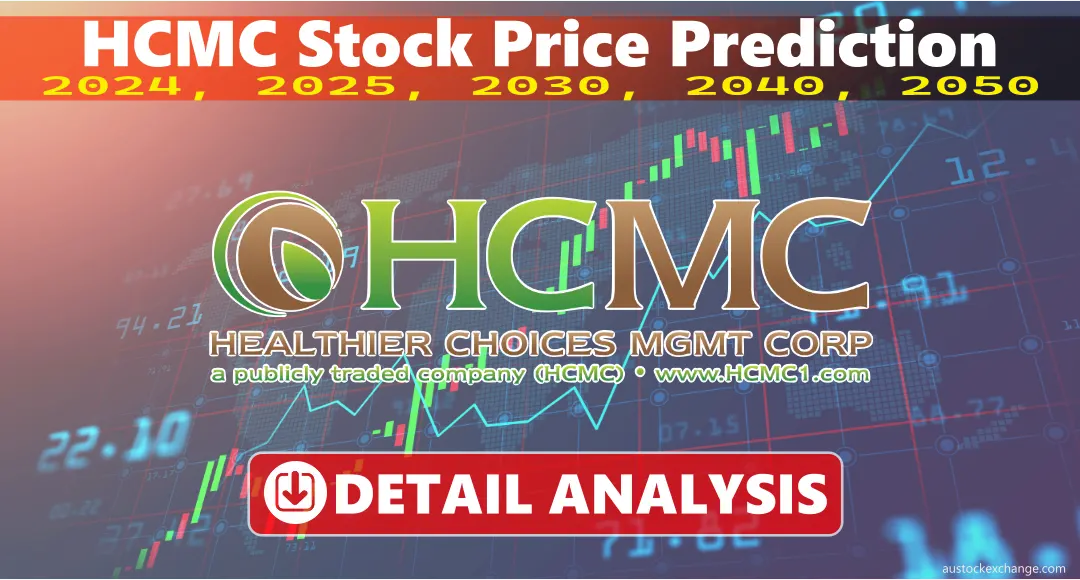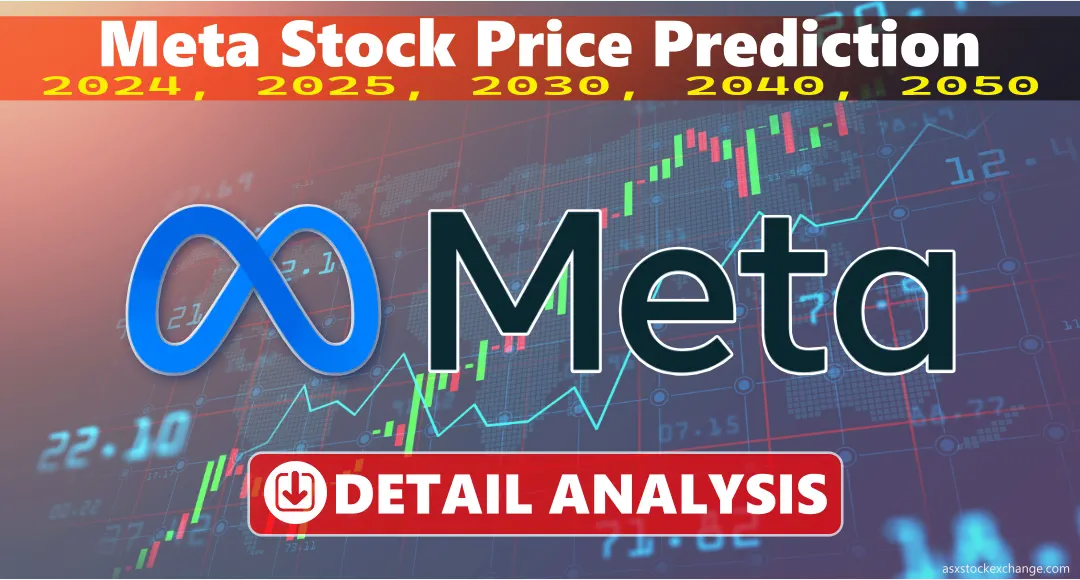Publix Inc. | Stock Price Prediction 2024 – 2050 (Detail Analysis)
One of the biggest employee-owned businesses in the US, Publix Super Markets, Inc. runs a supermarket network mostly in the southeast. The firm is well-known for its dedication to its workers, high-quality goods, and stellar customer service. We will examine Publix stock, its possible future performance, and the variables that could affect its growth in this blog.
What is Publix Stock?
No stock market lists Publix as a public company. On the contrary, it is a privately held business where only current workers and board members have access to the company’s equity.
Every year, an impartial party determines the fair market value of the company’s shares and makes the necessary adjustments to the price. Publix stock has been a reliable contributor to the company’s solid financial situation and a useful perk for workers.
Publix Stock Price Prediction 2024, 2025, 2030, 2040, 2050

| Year | Bull Case | Base Case | Bear Case |
| 2024 | $65 – $75 | $55 – $65 | $45 – $55 |
| 2025 | $75 – $85 | $65 – $75 | $55 – $65 |
| 2030 | $120 – $140 | $100 – $120 | $80 – $100 |
| 2040 | $250 – $300 | $200 – $250 | $150 – $200 |
| 2050 | $500 – $600 | $400 – $500 | $300 – $400 |
Is Publix Stock Good to Buy? (Bull case & Bear case)
Bull Case
- Publix has a history of strong financial performance, with steady revenue growth and consistent profitability.
- The company’s employee ownership structure aligns the interests of employees with the long-term success of the company, promoting a strong work ethic and customer-centric focus.
- Publix has the potential to expand its market presence beyond its current geographical footprint, which could drive further growth.
- Publix has built a strong brand reputation based on excellent customer service, high-quality products, and community involvement.
Bear Case
- As a privately held company, Publix stock has limited liquidity, which may make it difficult for employees to sell their shares when desired.
- Publix’s operations are primarily concentrated in the southeastern United States, which may expose the company to regional economic risks.
- The retail grocery industry is highly competitive, with numerous players vying for market share, which could put pressure on Publix’s growth and profitability.
- As a private company, Publix may face challenges in succession planning and ensuring a smooth transition of leadership in the future.
Key Details About Publix
- Headquarters: Lakeland, Florida, United States
- CEO: Todd Jones
- Number of Employees: Over 225,000 (as of 2022)
- Number of Stores: Over 1,200 (as of 2022)
- Primary Market: Southeastern United States
Publix FINANCIAL (Balance Sheet)
| (in millions) | 2022 | 2021 | 2020 |
| Revenue | $48,464 | $44,860 | $41,501 |
| Operating Income | $3,844 | $3,506 | $3,250 |
| Net Income | $2,997 | $2,683 | $2,499 |
| Total Assets | $21,943 | $20,354 | $19,209 |
| Total Liabilities | $7,851 | $7,235 | $6,855 |
KEY Performance Indicator
| KPI | 2022 | 2021 | 2020 |
| Revenue Growth | 8.0% | 8.1% | 6.9% |
| Operating Margin | 7.9% | 7.8% | 7.8% |
| Net Profit Margin | 6.2% | 6.0% | 6.0% |
| Return on Equity (ROE) | 21.3% | 20.2% | 19.8% |
Comparison with listed peers
Compared to its publicly listed competitors, Publix is hard to pin down since it is a privately owned business. Having said that, the following are among the company’s primary rivals:
- Kroger Co.
- Albertsons Companies, Inc.
- Walmart Inc.
- Target Corporation
Positive & Negative Factors to Invest in Publix
Positive Factors
- Investors might find consistency in Publix’s regular sales growth and profitability.
- Clients will remain loyal and the business will see sustained development because to its stellar reputation for service and product quality.
- Publix’s employee ownership structure has the potential to inspire dedication to the company’s mission and long-term success.
- There is room for the firm to develop if it can break into new markets outside of its existing geographic reach.
Negative Factors
- Publix is a privately owned corporation, thus investors may find it difficult to acquire or sell shares due to the stock’s restricted liquidity.
- It’s possible that Publix is vulnerable to regional economic threats and has limited development potential because to its concentration on the southeastern United States.
- There is a lot of competition in the grocery store retail sector, which can hurt Publix’s bottom line.
- Publix, being a privately held corporation, may have difficulties in preserving its robust corporate culture and facilitating a seamless transfer of leadership.
Conclusion
A combination of Publix Super Markets, Inc.’s stellar reputation, reliable financial results, and innovative employee ownership structure has made it a formidable competitor. Stock in the firm is not available to the public, but it has been good to workers and might be much better in the future. When assessing the prospects of Publix stock, investors should take into account the company’s geographical concentration, low liquidity, competitive environment, and issues with succession planning.
Before putting money into the market, one should talk to a financial adviser, do their homework, and think about their investing objectives and risk tolerance.

